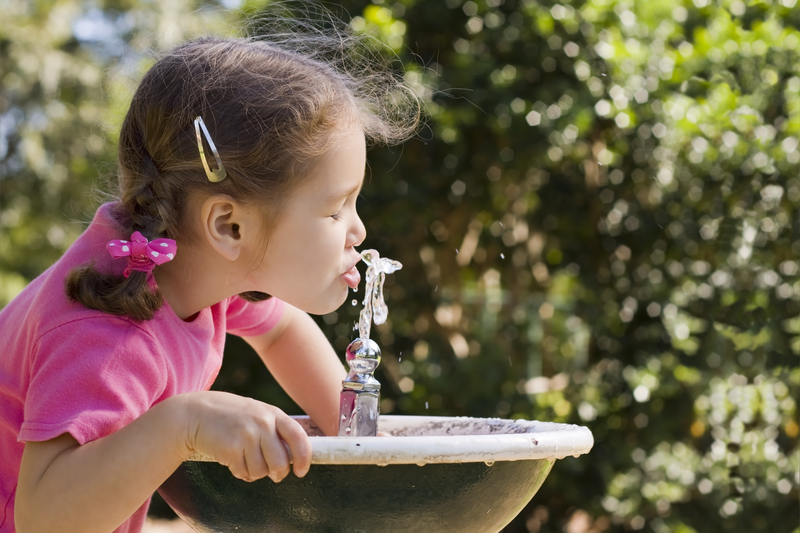Hydrated Children Equals Happy Children!
 Staying nicely hydrated is something that is both vital and common sense nowadays, but were you aware that this basic requirement is even more important when it comes to infants and young children? This article looks at why that is most definitely the case and explains the best practices to follow when ensuring that your own little ones never become dehydrated in the future.
Staying nicely hydrated is something that is both vital and common sense nowadays, but were you aware that this basic requirement is even more important when it comes to infants and young children? This article looks at why that is most definitely the case and explains the best practices to follow when ensuring that your own little ones never become dehydrated in the future.
Why so important?
Dehydration can be very dangerous in adults and teenagers, but even more so with regards to those younger members of our families. This is because this particular age group have a higher percentage of body water by comparison. Young children are also considerably less heat tolerant and are more prone to becoming dehydrated. This is even more apparent when hot climates and exercise are thrown into the equation.
Start as you mean to go on
The reasons we have given above simply compound the fact that it is vital to ensure that we educate our youngsters about the importance of self-hydration as soon as possible. By encouraging them to take liquids onboard in a regular fashion, we are arming them with the essential knowledge that could help to shape their health in the future. Try to establish a drinking pattern with your children from an early age, and you will be equipping them with some vital life skills that they will need many times over.
Duty of care
If your children fall into the 4-13 age bracket, then it is likely that you will be entrusting their care to nursery schools, child minders and junior/primary schools for at least part of the week. It is vital that these individuals and establishments are fully aware of the hydration facts as part and parcel of their duty of care that they must provide for your kids. Opportunities and access to drinking water must be available throughout the day. Most schools/nurseries will provide water on a regular basis and some will have a drinking water fountain for your little one to help themselves too.
Quantity
The amount of water/liquids that this age bracket requires will differ depending on their exact age and gender. A good benchmark is to aim for between 6 and 8 glasses of fluid every day. For kids aged under 7, each glass should be around 120-150ml per serving, older children should double that quantity to stay safely hydrated. Common sense dictates that any physical activity or warmer weather conditions require extra liquids.
Choices
Put quite simply, it is very hard to beat a nice cool refreshing glass of water, but we know children can place certain demands that sometimes need to be met, halfway at least! As well as good old H2o, the following drinks are always welcome and provide a level of refreshment within the guidelines:
- Milk - Contains water as well as vital protein
- Smoothies – Water, nutrients and a lot of fun
- Low sugar cordial – These can taste nice, but offer little in the way of energy
Stay hydrated!
Follow these guidelines and always ensure that your children have a drink before they leave the house in the morning, even on a cold and cloudy day! You can also look into a variety of foodstuffs that have a high water content including fruit and vegetables and even yoghurt.



